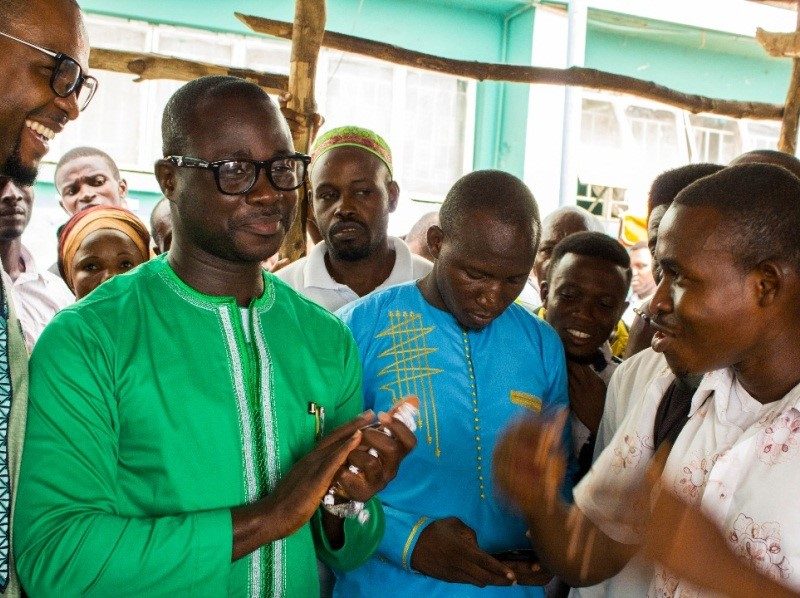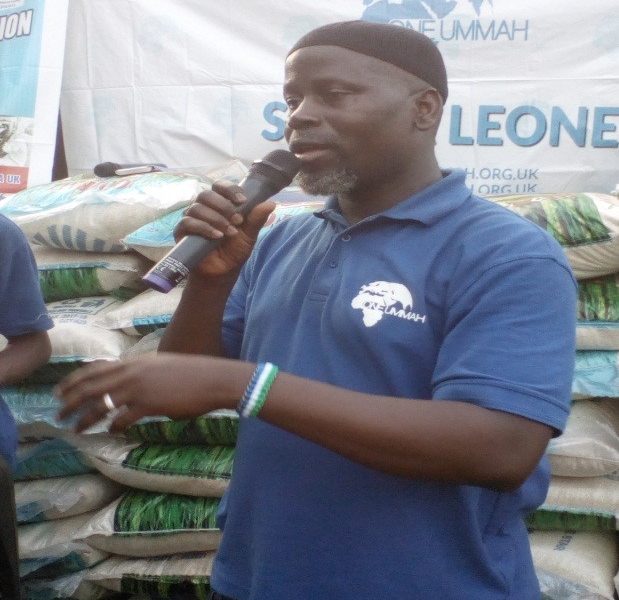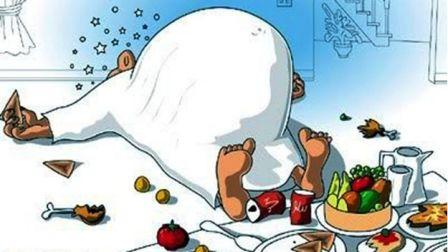Hardship and Ramadan
Fasting, the period of abstinence from all mundane affairs, ranging from drinking, eating or sex which constitutes the holy month of Ramadan behooves on all true Muslims to observe the period which lasts for either 29 or 30 days. (Photo: Kono Mosque)
It’s a special occasion when Muslims the world over repent their misdeeds and seek from Allah His mercy, forgiveness and redemption. It is a moment of fervent prayers, almsgiving or exchange of gifts.
This year’s Holy month is no exception. Perhaps one remarkable difference compared to previous years is that it falls in the middle of a heavy downpour; but more important is the excruciating hardship exacerbated by the high cost of living all which have combined to make this year’s Ramadan a special one.
For adherents to the faith, the outburst of rain in the heat of fasting signifies an abundance of blessing. The heavy rains, they say, softens the spiritual pain, hunger and boredom associated with fasting. In other words, the heavy rains symbolize great blessing for the fasters. The good Lord is on their side, they will say.
On the other hand, the high cost of living at this particular period of fasting is a disincentive for many individual worshipers or families to abstain from this year’s devotion, which is not of their choice but due to the prevailing adverse economic condition confronting most people in this country.
In particular, before the start of fasting, a bag of rice of 50kg cost on average Le150, 000. Barely forty-eight hours after the commencement of the Ramadan a bag of rice of the same quantity shot up to nothing less than Le180, 000. A cup of locally produced rice is currently sold at Le1, 600 while that of the imported rice ranges from Le1, 000 – 1, 200 per cup. Sugar, milk, flour and all other essential commodities generally consumed during fasting skyrocketed the moment Muslims started fasting. This is in total defiance of President Koroma’s recent pronouncement regarding the reversal of prices of all basic commodities across the country.
As stated earlier, the economic hardship facing ordinary Sierra Leoneans impacted very severely on Muslims all over the country. Some families had to terminate the fasting in the face of the current economic hardship.
In most mosques across Freetown, the number of fasters has reduced considerably, barely two weeks into the Ramadan. One executive officer in one of the Mosques in the east-end of the city said when fasting commenced earlier in August the number of worshippers was overwhelming, adding that they had to make do with available spaces in nearby verandas of private homes.
“Presently, as I speak to you the Mosque is now half empty,” the mosque executive lamented. He said when the Ramadan started they used to collect between Le 30,000 – 40,000 as collection from the congregation after every Ishai prayer. “Now we barely collect between Le 5,000 – 7,000 per night. The people are not coming for prayers any more, but we don’t blame them. Things are extremely difficult,” he cried.
Indeed, things are really difficult for the fasters. It takes a very strong faith for many to continue. However, with the rains pounding heavily those fasters who have braced up to continue fasting in the face of economic difficulty are taking solace in the heavy down pour of the August rain which spiritually quench the heat of the Ramadan as they go through this blessed moment. With the rains I don’t really feel the pain of hunger. Its like any normal day, one adherent was heard saying.
Truly, the month of August is a blessing for those observing the fast. It defies hunger, it defies hardship. It is the true gift of Allah!
Stay with Sierra Express Media, for your trusted place in news!
© 2011, https:. All rights reserved.






